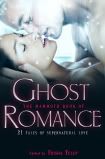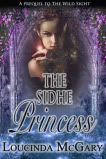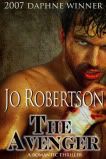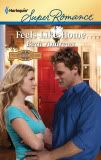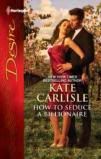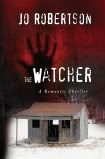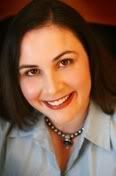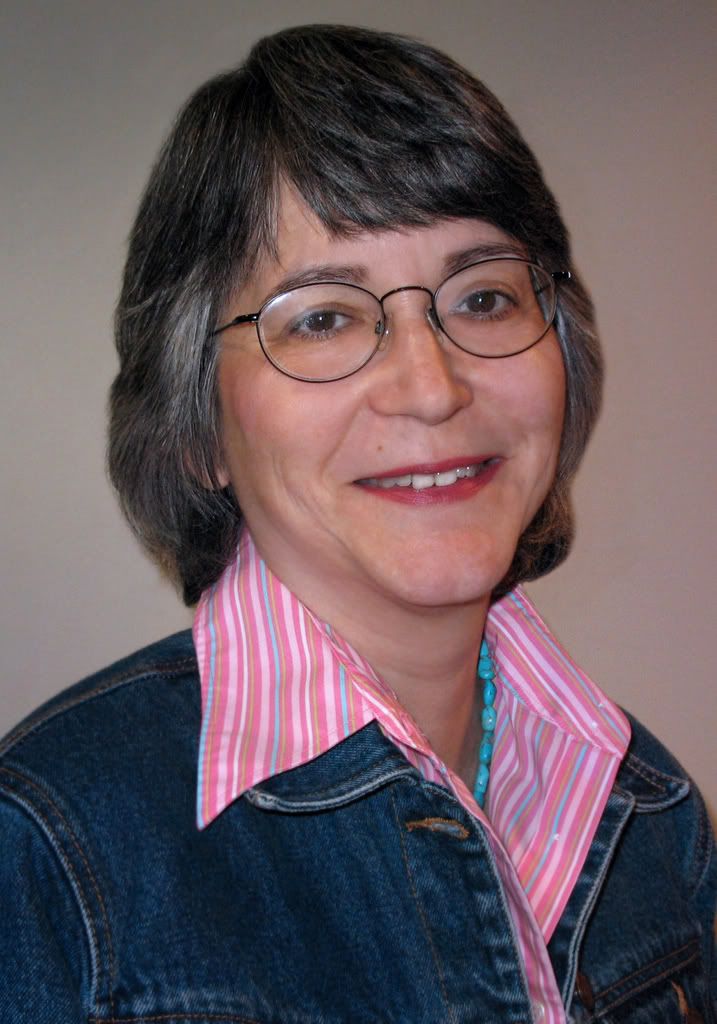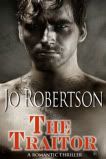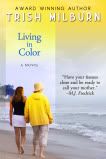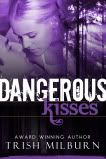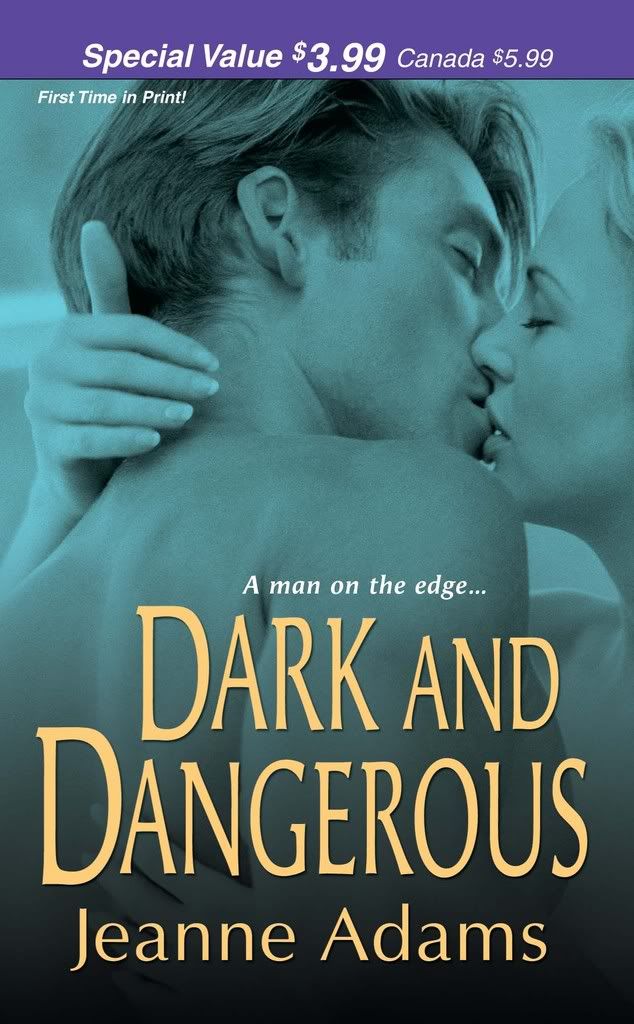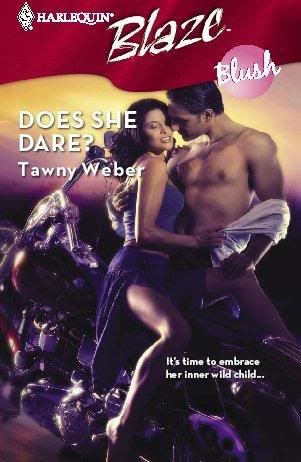
Are you a how-to book fan?
I have to say I'm addicted to reading writing how-to books. Right now they're on my mind in a big way so I thought I'd shoot the breeze about the self-help section of the bookshop. Hmm, perhaps I'd be on millionaire's row if I could just rephrase that sentence as "I'm addicted to writing reading how-to books." I could definitely write a book about reading! And I'd LOVE the research!
How-tos (henceforth to be referred to as H2s) are on my mind because I've just finished reading a really great one - the new edition of Harlequin Mills and Boon author Kate Walker's classic 12-POINT GUIDE TO WRITING ROMANCE. I'm also about to re-read what is probably my favorite writing H2, Dorothea Brande's BECOMING A WRITER so I can review it for my friends at the Romance Dish (check out the review on the 24th March).
I've read H2s for years - there's always some new insight to gather from another writer's experience and sometimes, as in the case of the three books I'll mention today, it's lightbulb moment after lightbulb moment. By the end, I'm dragging out the sunglasses to cut the glare!
 I know we have a lot of writers who visit the lair so I thought I'd share a few thoughts about why Kate's book is such a great resource.
I know we have a lot of writers who visit the lair so I thought I'd share a few thoughts about why Kate's book is such a great resource.Just lately I've judged a stack of writing contests and I must say there's some impressive talent out there! But there are also a lot of aspiring writers who need help with two of the basic building blocks of a great story, conflict (the obstacle/issue keeping the couple apart for 200 or 400 pages so we've actually got, yanno, a STORY!) and motivation (why do these people behave as they do?). The two chapters of Kate's book on these essential elements are masterly - clear, concise and they emphasize that without adequate conflict and motivation a story has the oomph of a piece of cold spagghetti. No offense to all those lovely, oomph-heavy pieces of cold spagghetti who read the blog!
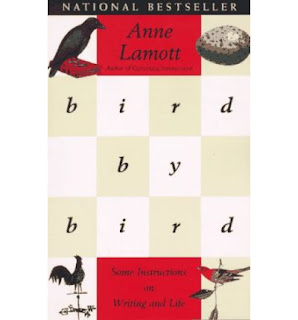
The last of my three H2s that I'd love to mention is BIRD BY BIRD: SOME INSTRUCTIONS ON WRITING AND LIFE by Anne Lamott. This is a book that vies with Dorothea's as my favorite writing H2. I use its advice all the time - especially the story behind the title. The author's brother had to finish a school project about all the birds in America and he left it until the very last minute and fell into a crippling panic at the thought of getting it done. Anne Lamott's father calmed the boy down and said, "Let's do it bird by bird."
When I'm staring down the barrel of a HUGE project like writing a whole book, I remember that. A book is written bird by bird or rather WORD BY WORD. It's a wonderfully calming mantra and it allows me to pick up the tools of my trade (well, turn on the computer at least!) and write my story without being overwhelmed by the task ahead.

Finally, for the non-writers who like to come to the lair to chase the cabana boys and pluck the rooster (no wonder he keeps flying off to Australia!), here are two H2/self-help books that are full of amazing wisdom.
I haven't read WOMEN WHO RUN WITH THE WOLVES: CONTACTING THE POWER OF THE WILD WOMAN by Clarissa Pinkola Estes for years but it's a book that literally changed my life. I read this towards the end of that awful 18 months about 17 years into my pre-publication career when I'd given up writing because I'd decided selling a book was a childish dream that I should relinquish. As you can imagine, that was not a happy time for little Miss Campbell!
I'm not sure what prompted me to pick up this very thick book - especially as at the time, I really wasn't into self-help books. It might have been a recommendation from a friend. Anyway, this book is about women sticking to their guns and it delivers its message through a series of myths and legends from all over the world. You know what a sucker I am for a fairy tale! By the time I finished it, I was well and truly ready to pick up my six-shooter and have another stab (oops, mixed metaphor there!) at a writing career. I joined Romance Writers of Australia (women who run with the wolves aren't scared of no stinkin' writin' organization, no sirree!) and that set me on the path to eventually seeing my books on the shelves.

Hmm, not feeling much like a magnificent tree this morning. Perhaps more like an overgrown shrub!
So over to you. Do you like H2s or self-help books? If you do, do you have any favorites you'd like to share? If you're a writer, did you get any invaluable insights or advice from an H2? Let's let it all hang out! Groovy, man!








































